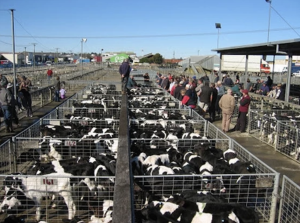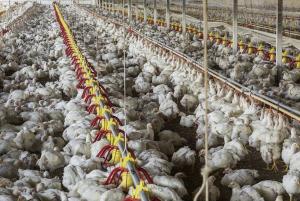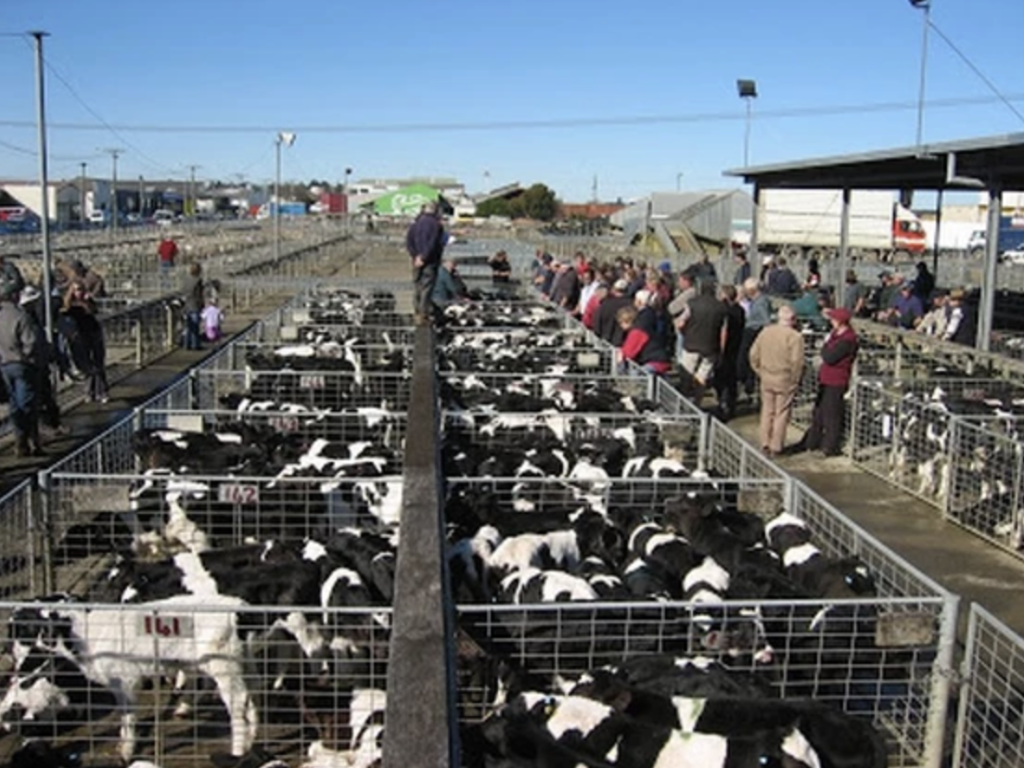No cheese, no steak, no eggs, no chicken nuggets…
For many people, meat and dairy products would be very difficult to give up. Whether that is saying no to homemade lasagne or a brownie. In spite of this challenge to some, others are vegan – in fact, 3.5 million people in the UK are vegan, which makes up about 7% of the population. Veganism has become mainstream and even trendy with celebs such as Beyoncé, Ellie Goulding and Liam Hemsworth living this healthy life style.
However, what’s more important than looking trendy, is the amount of health benefits. A vegan diet is richer in certain nutrients because instead of relying on carbs or meat to fill up, veg, fruit, and seeds are the alternative. In addition, it lowers blood sugar levels and improves kidney function. Vegan diets may reduce the risk of developing type 2 diabetes because the dosage of medication can be lowered. They are also are effective at reducing blood sugar levels, which may help prevent further medical issues from developing.
Aspects of the vegan diet may decrease risk of prostate, breast and colon cancer. This may be because smoked or processed meats cooked at high temperatures are thought to provoke some types of cancer. Research demonstrates that eating seven portions of fruit/veg a day can lower your chance of cancer by 15%.

People may also choose veganism for the aesthetics benefit. Many people who try the vegan diet notice a drastic difference in their skin quality and thickness of hair. Also, feeling more energised throughout the day encourages the vegan diet to be sustained.
As well as health benefits, veganism is more environmentally friendly with a lower carbon foot print, in addition to less water used. To farm animals, huge amounts of water is required because for the animals to drink, wash and clean their living areas. Research has shown a vegan soy burger has a water footprint of 158 litres, whereas a beef burger has one of 2350 litres. Whilst so much water is arguably wasted on farming animals for consumption, almost 800 million people do not have access to clean water.
Furthermore, meat production needs great amounts of energy, which worsens the volume of greenhouse gases. Fossil fuels are used during the breeding, slaughtering and transporting of the animal/meat. This accounts for 51% of greenhouse gas emissions. This means it takes the same amount of energy to feed 2 people through veganism, than one with a non-vegan diet.

To all the animal lovers, breeding animals for consumption is contributing to habitat loss and extinction – it takes a large amount of land for the farming and great quantities are needed to produce a smaller quantity of meat. Many waste products such as nitrogen and phosphorus are washed into the water systems, causing fish to die.
Whilst eating meat can be tasty for many and dairy maybe hard to give up, don’t the benefits of veganism outweigh the cons?




